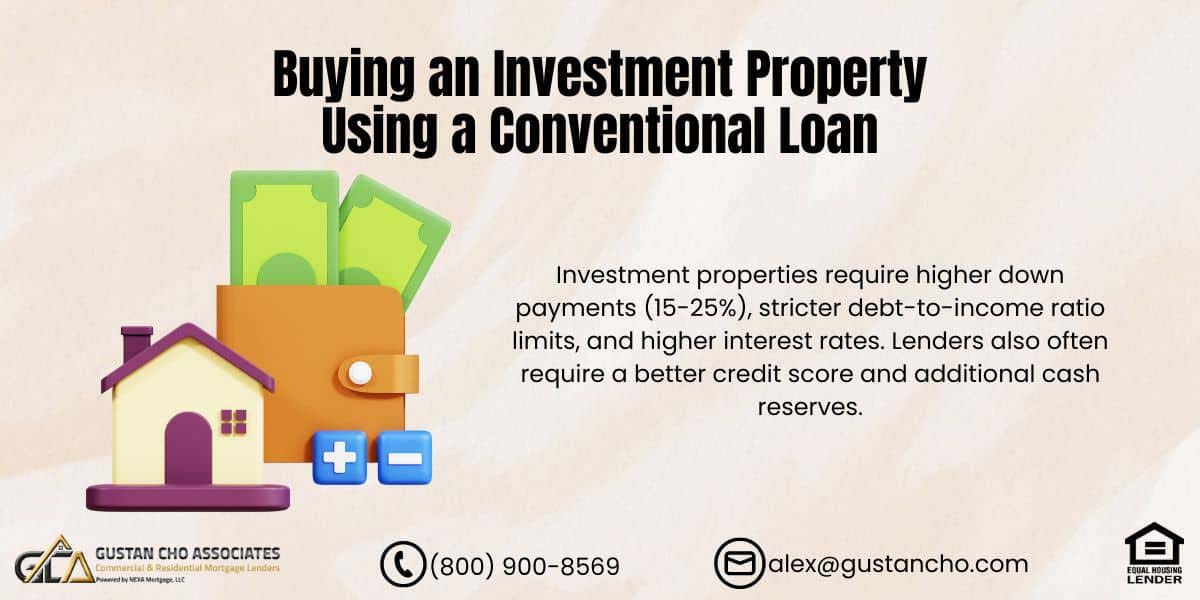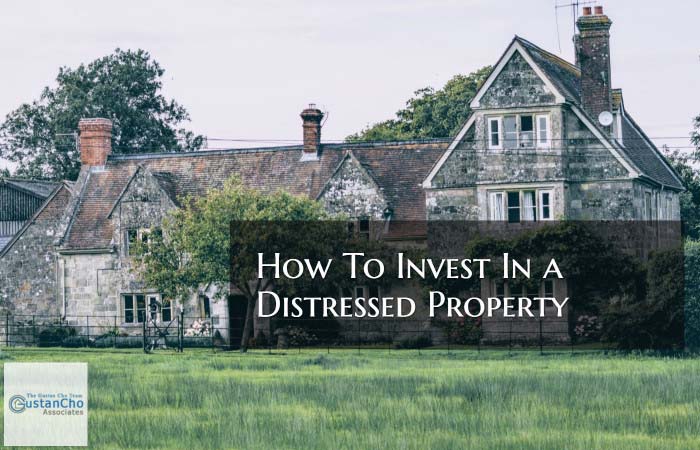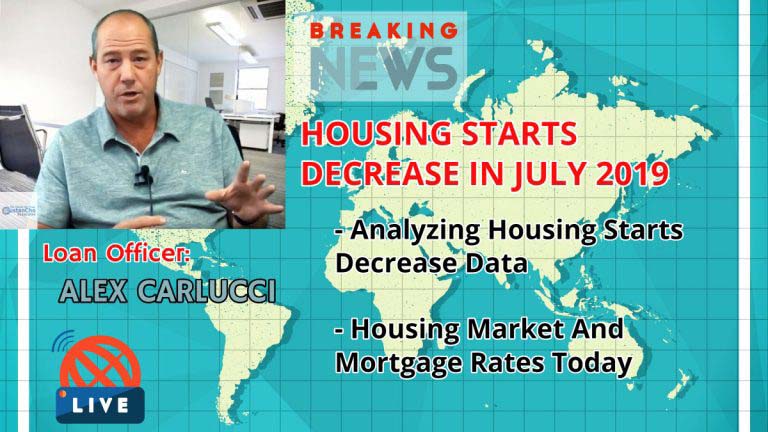This guide covers buying an investment property using a conventional loan. Buying an investment property using a conventional loan with have tighter restrictions, lower debt-to-income ratio, mortgage loan-level pricing adjustments, and higher rates from Fannie Mae and Freddie Mac. Mortgage giants Fannie Mae with regards to buying an investment property using a conventional loan.
Fannie and Freddie are the two largest buyers of mortgages in the secondary market. Mortgage lenders have a warehouse line of credit to originate and fund their loans.
Once the loans fund, lenders need to sell the loans they funded on the secondary mortgage markets for primary, second, and investment properties. Most lenders will sell the loans they fund to larger mortgage bankers. Eventually, most mortgages end up being sold in large bulks to Fannie Mae and Freddie Mac. This is why it is important what Fannie Mae and Freddie Mac decide on the types of agency guidelines they set on owner-occupant, second home, and investment property mortgages.
Buying an Investment Property Using a Conventional Loan
Buying an investment property using a conventional loan is a common strategy for investors looking to expand their real estate portfolio. Conventional loans for investment properties typically have different requirements than those for primary residences, reflecting the higher risk associated with rental properties. Here’s a step-by-step guide on how to proceed:
Understanding Buying an Investment Property Using a Conventional Loan
Down Payment: Investment properties usually require a larger down payment than primary residences. Depending on the lender’s policies, expect to put down at least 15% to 25%. Credit score requirements buying an investment property using a conventional loan:
A higher credit score is often necessary for securing an investment property loan. Many lenders require a score of 620 or higher, but a score above 740 is typically needed to get the best interest rates.
Debt-to-Income Ratio (DTI): Lenders will scrutinize your DTI more closely. A DTI below 36% is often required for investment properties, though this can vary by lender. Cash Reserves: Lenders may require you to have substantial cash reserves. This could mean having enough savings to cover six months or more of mortgage payments.
Ready to Buy an Investment Property with a Conventional Loan? We Can Help You Get Approved!
Contact us today to explore your options and get pre-approved for your investment property purchase.
Application Process
Investing in property through a conventional loan requires careful planning and consideration. Each step, from choosing the right property to securing financing, involves detailed analysis to ensure the investment meets your financial goals.
- Documentation: Be prepared with extensive documentation, including proof of income, tax returns, bank statements, and potentially your current portfolio of real estate assets.
- Property Appraisal: The lender will require an appraisal to ensure the property is worth the selling price and to confirm it meets their loan-to-value ratio requirements.
- Additional Inspections: For investment properties, additional inspections beyond the basic home inspection, such as pest or environmental inspections, might be required or recommended.
In this guide, we will discuss and cover the breaking news about Fannie Mae and Freddie Mac imposing tighter restrictions and guidelines buying an Investment property using a conventional loan. Fannie Mae and Freddie Mac are the two mortgage giants in the United States. The role of Fannie Mae and Freddie Mac is to provide liquidity in the mortgage markets.
Considerations for Rental Income
Using Rental Income to Qualify: If you plan to use rental income from the property to help qualify for the loan, you’ll need to provide the lender with a realistic estimate. Some lenders require a signed lease, while others will accept a market analysis from a local real estate agent. Rent Loss Insurance:
Lenders might require you to obtain rent loss insurance, which covers lost income if the property becomes uninhabitable. Familiarize yourself with local landlord-tenant laws to ensure you comply with all regulations.
Tax Implications: Understand the tax implications of owning an investment property, including the potential for property depreciation and the ability to deduct expenses such as interest, taxes, and maintenance. Work with an experienced agent in investment properties. A broker can help you navigate the loan market and find the best deal to suit your investment strategy. An accountant who understands real estate investment can be invaluable.
Mortgage Rates and Fees Buying an Investment Property Using a Conventional Loan
The recent surge in bond yields on the 10-year treasuries has skyrocketed mortgage rates in recent weeks. Mortgage rates have hit a 12 month high in the past two weeks due to the surge in bond yields. What this means is rates have increased as much as 0.75% to 3.25% on a 30-year fixed rate for prime borrowers. Interest Rates:
Expect higher interest rates for investment properties than primary residences. The increase can range from 0.5% to 0.75% or above rates for owner-occupied homes.
To secure the loan, you might encounter higher lender fees or pointswhenpsecuring interest). Even with this sudden spike, mortgage rates are still at historic lows. Many experts and analysts are worried about what is going on in the mortgage and bond markets. First is the sudden surge in mortgage rates. Now Fannie Mae’s announcement on investment property conventional loans. Many are confused and wondering what is going on in the housing and mortgage markets.
Fannie Mae Tightening Guidelines For Investors Buying an Investment Property Using a Conventional Loan
The breaking news from Fannie Mae tightening guidelines on investment property and second home conventional loans hit the housing and mortgage markets hard. The news from Fannie Mae on March 10th, 2021 has shaken up the mortgage markets. What this means is tougher agency mortgage guidelines on second and investment homes. It also means it will cost much more in fees and added loan level pricing adjustments which mean higher mortgage rates.
Looking to Invest in Real Estate? Let Us Help You Buy Your Investment Property with a Conventional Loan!
Reach out now to learn about your loan options and secure the financing you need.
The Recent Sudden Surge In Rates Due To Sudden Spike in Bond Yields
It is true that mortgage rates have skyrocketed in the past week due to the surge in bond yields on the 10-year U.S. Treasuries. What this translates to is mortgage rates have surged 0.65% in the past two weeks to 4.65% on a thirty-year fixed-rate mortgage for prime borrowers on single-family homes.
With the news from Fannie Mae, rates on second homes and investment properties are expected to skyrocket due to higher loan level pricing adjustments.
Even with the sudden spike in mortgage rates in the past two weeks, rates are still at under 8.0%. Rates have skyrocketed in recent days and weeks. This is because of fears of inflation due to the Biden Administration spending spree with the $1.9 trillion dollar coronavirus economic package. Many criticize the new Biden Administration about the $1.9 trillion economic aid stating it is not really economic aid but rather Democrat’s spending wish list.
Inflation Pushes Bond Yield Higher Which Means Higher Rates
A large of the $1.9 trillion aid has been earmarked to help far-left Democrat-led states with their loss of revenue due to their extended state shutdown. The Biden Administration is expected to print money and go on a spending spree. This will no doubt spike inflation. The Central Bank normally increases rates if there is a fear of inflation. Fears of inflation mean higher interest rates which mean higher mortgage rates.
The research team at Gustan Cho Associates is doing more research on what type of impact this breaking news will have on the mortgage markets and economy. Will it affect non-QM loans?
Non-QM loans have become increasingly popular lately. This holds especially true with investment property non-QM loans. Second homes normally did not have large loan level pricing adjustments. Mortgage rates on second homes were maybe a slight tad over rates on single-family homes. However, with the breaking news from Fannie Mae and Freddie Mac, it seems like that is about to change. The team at Gustan Cho Associates will update our viewers in the coming days and weeks about what the newly updated guidelines on investment homes and second home mortgage guidelines from Fannie Mae will mean to homebuyers and real estate investors. Stay tuned!!!
FAQ: Buying an Investment Property Using a Conventional Loan
- What is a conventional loan, and how does it apply to investment properties? A conventional loan is a mortgage not backed by the government. When buying an investment property, conventional loans tend to have stricter requirements due to the higher risk associated with rental properties.
- What are the key differences between conventional loans for investment properties versus primary residences? Investment properties require higher down payments (15-25%), stricter debt-to-income ratio limits, and higher interest rates. Lenders also often require a better credit score and additional cash reserves.
- How much down payment is generally required for an investment property? The down payment typically ranges from 15% to 25%, depending on the lender’s policies and the specific type of investment property.
- What credit score is needed to secure a conventional loan for an investment property? When you apply for loans, most lenders require a minimum credit score of 620 or higher. A score above 740 is considered ideal to obtain the best interest rates.
- How does the debt-to-income ratio (DTI) affect qualification for investment property loans? Lenders expect a DTI below 36% for investment properties, though this requirement may vary based on individual lender guidelines.
- What documentation is needed to apply for a conventional investment property loan? You must submit tax returns, bank statements, proof of income, and real estate asset records.
- Can rental income be used to qualify for an investment property loan? Yes, but you must provide proof, such as a signed lease or market analysis, to convince lenders that the projected rental income is realistic.
- What recent changes have Fannie Mae and Freddie Mac made to guidelines for investment property loans? Fannie Mae and Freddie Mac have imposed tighter restrictions, including higher fees and stricter loan-level pricing adjustments, leading to higher interest rates for investment properties.
- How do higher bond yields impact mortgage rates for investment properties? A recent surge in bond yields has led to increased mortgage rates. For investment properties, rates can be up to 0.75% higher than those for primary residences
- What should investors consider regarding rental income and insurance? Investors may need rent loss insurance to cover lost income if a property becomes uninhabitable. Additionally, understanding local landlord-tenant laws and tax implications is essential.
- How will these guideline changes affect second home and non-QM loans? Second home loans will also face stricter guidelines, and non-QM (non-qualified mortgage) loans could be affected due to similar risk considerations.
- Who can help navigate the complexities of securing a conventional investment property loan? Real estate brokers specializing in investment properties and accountants with experience in real estate can provide invaluable guidance in securing the right loan and navigating tax considerations.
Invest in Real Estate with a Conventional Loan! Let Us Help You Get the Right Financing!
Contact us today to get pre-approved and start your real estate investment journey.











